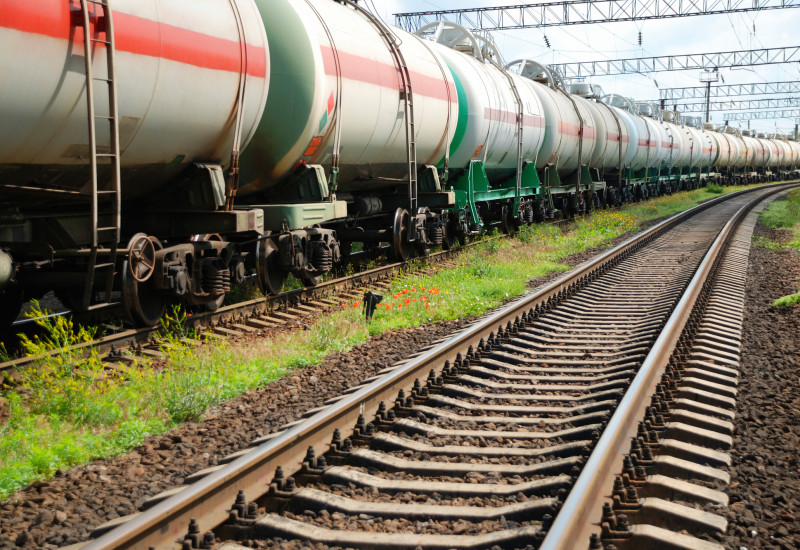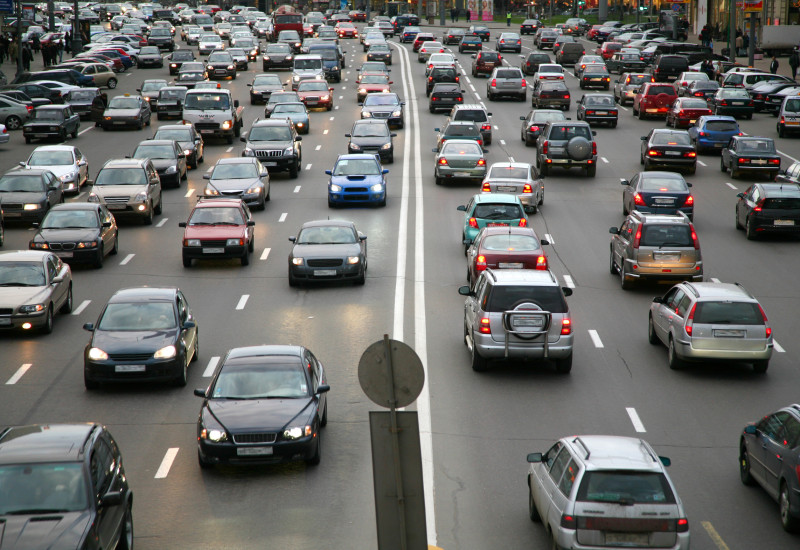The German Environment Agency (UBA) is campaigning for rail freight noise reduction. Solutions include cladding train wheels and brakes to reduce noise directly at the source. Financial reward for quiet trains must be increased, for example with lower track access charges. read more










